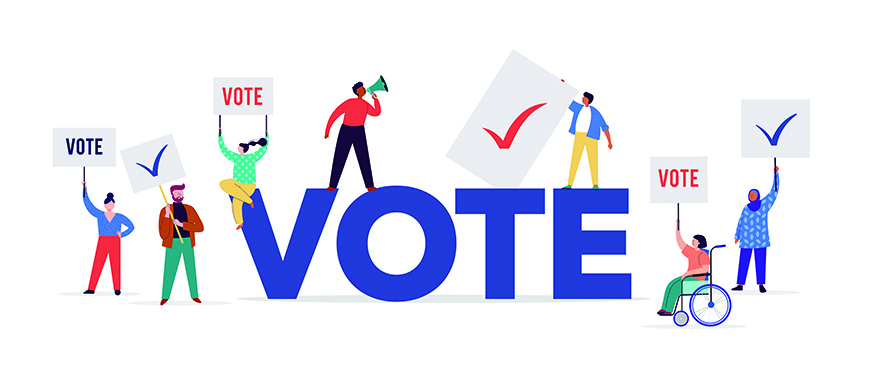During a five-day winter school training, 28 participants from EMBs, Civil Society and academia from Eastern Partnership countries were introduced to operational and political pre-conditions for a successful implementation of NVT in the electoral process and discussed advantages and risks of the different tools. Participants learned in particular about the technical functioning of three main technologies used in elections: biometrics, e-voting and electronic result management. It was the first training offered on this topic to a mixed target group of election experts, IT experts, domestic observer and media representatives. Through group work, lectures and discussions the four international experts on legal, technical and operational aspects of new voting technologies managed to transfer rather complex knowledge to a group with very different level of experience.
During the training it was made clear, there is no electronic tool that can´t be manipulated somehow during the election process, and therefore monitoring, audit and control through informed electoral stakeholder is essential.
Above all CSOs representatives expressed great interest to repeat the training as soon as possible, as in several countries the introduction of NVT is discussed.
The winter school was co-organised by the Division of Electoral Assistance of Council of Europe and the International Institute for Democracy and Electoral Assistance (International IDEA) and presents the last of a series of capacity building activities for electoral stakeholders in Easter Partnership countries in the framework of the EU-funded Programm Partnership for Good Governance.





